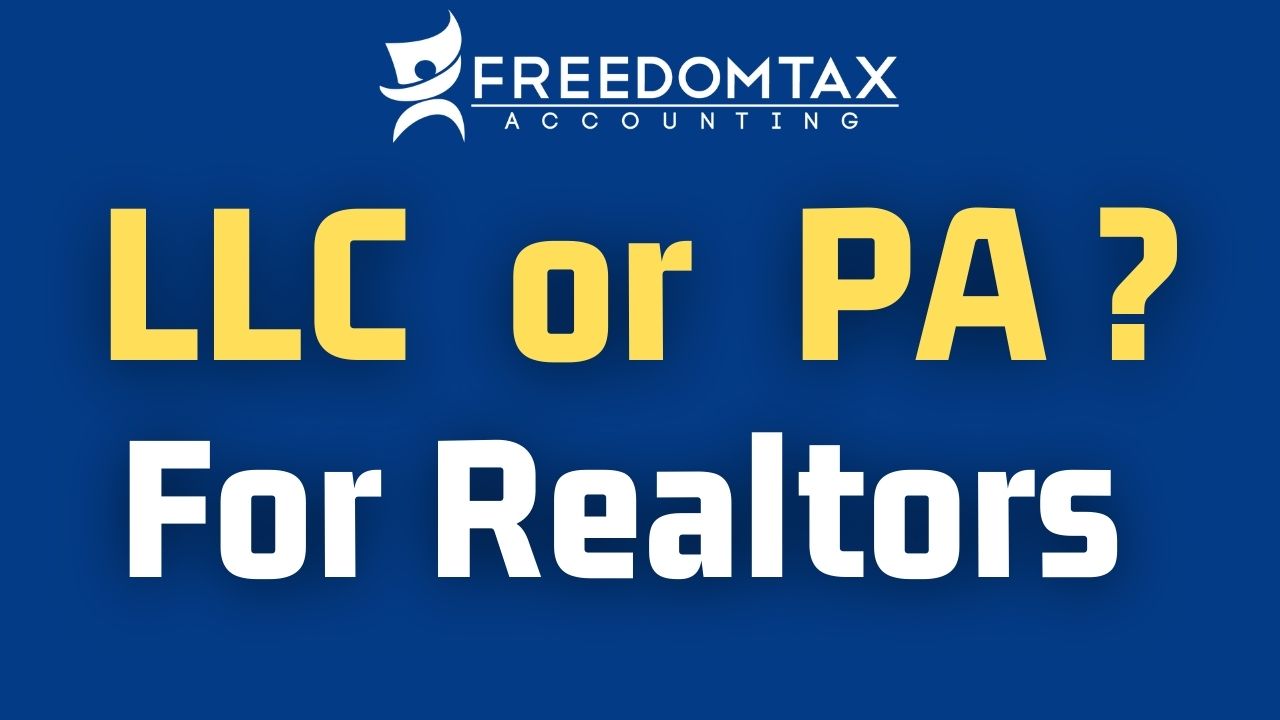
Whether you are looking to buy or sell a home, you need a reliable agent to help you through the process. The right agent is as important as determining the price of your home. Before you look for an agent, understand the differences between an broker and an agent.
A real estate agent is someone who specializes in the selling of real estate. They can either work for a real estate brokerage, or they can be self-employed. A broker works for the buyer, while an agent works for the seller. A broker and an agent are different in that they have more experience. A broker has more experience and training than an agent. A broker may be an agent, a manager, or an independent broker.

A real estate agent typically has less training and responsibilities that a broker. A commission is paid to agents for selling properties. The commission paid to an agent ranges from 5% to 6% of a home's value. Some brokerages also allow agents to keep 100% of the commission. This allows agents to earn higher commissions that brokers. Some brokerages also allow an associate broker to work for a brokerage and receive the same commission as a broker.
A member of the National Association of Realtors is a real estate agent. They must comply with the NAR code ethics. Agents may be required to complete additional state-mandated courses in some states. An agent can advance to a broker by taking more state-mandated courses. A broker usually manages the operations of a brokerage. A broker has more in-depth training and specializations than an agent.
A broker can be a licensed realty professional responsible for overseeing all realty transactions. A broker can also be a broker, a person who hires an agent to work for them, or a broker-owner. A broker has greater experience and is better equipped to understand the legal requirements associated with real estate deals. A broker can make more than an agent and can also open their own brokerage. A broker can also set up their own property management firm.
The day-today operation of a brokerage is often the responsibility of a broker. A broker can either manage an agent or work directly with clients. A broker will be more business-like in their approach to selling a home. The broker will have to monitor the actions of other agents, and will be responsible for ensuring that they are working within the law. Some brokerages may even assist associate brokers with administrative tasks.

A broker could be either a managing broker or an associate broker. A managing broker is the general head of the brokerage. An associate broker may work for the brokerage or an individual, while a designated broker is responsible for all real estate transactions. This designation is legal for all real-estate transactions. A real estate broker can also be an associate broker. This designation is known as a broker-owner. The designated broker is responsible to all legal responsibility for any real estate transactions performed by them.
FAQ
What are the advantages of a fixed rate mortgage?
With a fixed-rate mortgage, you lock in the interest rate for the life of the loan. This means that you won't have to worry about rising rates. Fixed-rate loans offer lower payments due to the fact that they're locked for a fixed term.
What is the maximum number of times I can refinance my mortgage?
This depends on whether you are refinancing with another lender or using a mortgage broker. In either case, you can usually refinance once every five years.
Is it possible sell a house quickly?
If you have plans to move quickly, it might be possible for your house to be sold quickly. However, there are some things you need to keep in mind before doing so. You must first find a buyer to negotiate a contract. Second, prepare the house for sale. Third, your property must be advertised. Finally, you need to accept offers made to you.
What should you think about when investing in real property?
You must first ensure you have enough funds to invest in property. If you don’t have the money to invest in real estate, you can borrow money from a bank. It is important to avoid getting into debt as you may not be able pay the loan back if you default.
You should also know how much you are allowed to spend each month on investment properties. This amount should cover all costs associated with the property, such as mortgage payments and insurance.
Also, make sure that you have a safe area to invest in property. It is best to live elsewhere while you look at properties.
Statistics
- Some experts hypothesize that rates will hit five percent by the second half of 2018, but there has been no official confirmation one way or the other. (fortunebuilders.com)
- 10 years ago, homeownership was nearly 70%. (fortunebuilders.com)
- The FHA sets its desirable debt-to-income ratio at 43%. (fortunebuilders.com)
- Private mortgage insurance may be required for conventional loans when the borrower puts less than 20% down.4 FHA loans are mortgage loans issued by private lenders and backed by the federal government. (investopedia.com)
- This seems to be a more popular trend as the U.S. Census Bureau reports the homeownership rate was around 65% last year. (fortunebuilders.com)
External Links
How To
How to Manage a Rent Property
While renting your home can make you extra money, there are many things that you should think about before making the decision. This article will help you decide whether you want to rent your house and provide tips for managing a rental property.
Here are some things you should know if you're thinking of renting your house.
-
What factors should I first consider? Before you decide if your house should be rented out, you need to examine your finances. If you have outstanding debts like credit card bills or mortgage payment, you may find it difficult to pay someone else to stay in your home while that you're gone. Your budget should be reviewed - you may not have enough money to cover your monthly expenses like rent, utilities, insurance, and so on. It may not be worth it.
-
What is the cost of renting my house? The cost of renting your home depends on many factors. These include things like location, size, features, condition, and even the season. Prices vary depending on where you live so it's important that you don't expect the same rates everywhere. Rightmove estimates that the market average for renting a 1-bedroom flat in London costs around PS1,400 per monthly. This means that if you rent out your entire home, you'd earn around PS2,800 a year. This is a good amount, but you might make significantly less if you let only a portion of your home.
-
Is it worthwhile? Although there are always risks involved in doing something new, if you can make extra money, why not? Before you sign anything, though, make sure you understand exactly what you're getting yourself into. It's not enough to be able to spend more time with your loved ones. You'll need to manage maintenance costs, repair and clean up the house. Before signing up, be sure to carefully consider these factors.
-
Are there benefits? There are benefits to renting your home. Renting out your home can be used for many reasons. You could pay off your debts, save money for the future, take a vacation, or just enjoy a break from everyday life. It's more fun than working every day, regardless of what you choose. Renting could be a full-time career if you plan properly.
-
How can I find tenants? Once you've made the decision that you want your property to be rented out, you must advertise it correctly. Start by listing online using websites like Zoopla and Rightmove. Once you receive contact from potential tenants, it's time to set up an interview. This will allow you to assess their suitability, and make sure they are financially sound enough to move into your house.
-
How can I make sure that I'm protected? If you fear that your home will be left empty, you need to ensure your home is protected against theft, damage, or fire. You will need to insure the home through your landlord, or directly with an insurer. Your landlord will typically require you to add them in as additional insured. This covers damages to your property that occur while you aren't there. If you are not registered with UK insurers or if your landlord lives abroad, however, this does not apply. In such cases you will need a registration with an international insurance.
-
Sometimes it can feel as though you don’t have the money to spend all day looking at tenants, especially if there are no other jobs. You must put your best foot forward when advertising property. Post ads online and create a professional-looking site. Additionally, you'll need to fill out an application and provide references. Some people prefer to do everything themselves while others hire agents who will take care of all the details. You'll need to be ready to answer questions during interviews.
-
What should I do once I've found my tenant? You will need to notify your tenant about any changes you make, such as changing moving dates, if you have a lease. You may also negotiate terms such as length of stay and deposit. Remember that even though you will be paid at the end of your tenancy, you still have to pay utilities.
-
How do I collect the rent? You will need to verify that your tenant has actually paid the rent when it comes time to collect it. You'll need remind them about their obligations if they have not. You can deduct any outstanding payments from future rents before sending them a final bill. If you're struggling to get hold of your tenant, you can always call the police. If there is a breach of contract they won't usually evict the tenant, but they can issue an arrest warrant.
-
How can I avoid potential problems? Although renting your home is a lucrative venture, it is also important to be safe. Consider installing security cameras and smoke alarms. Also, make sure you check with your neighbors to see if they allow you to leave your home unlocked at night. You also need adequate insurance. Finally, you should never let strangers into your house, even if they say they're moving in next door.